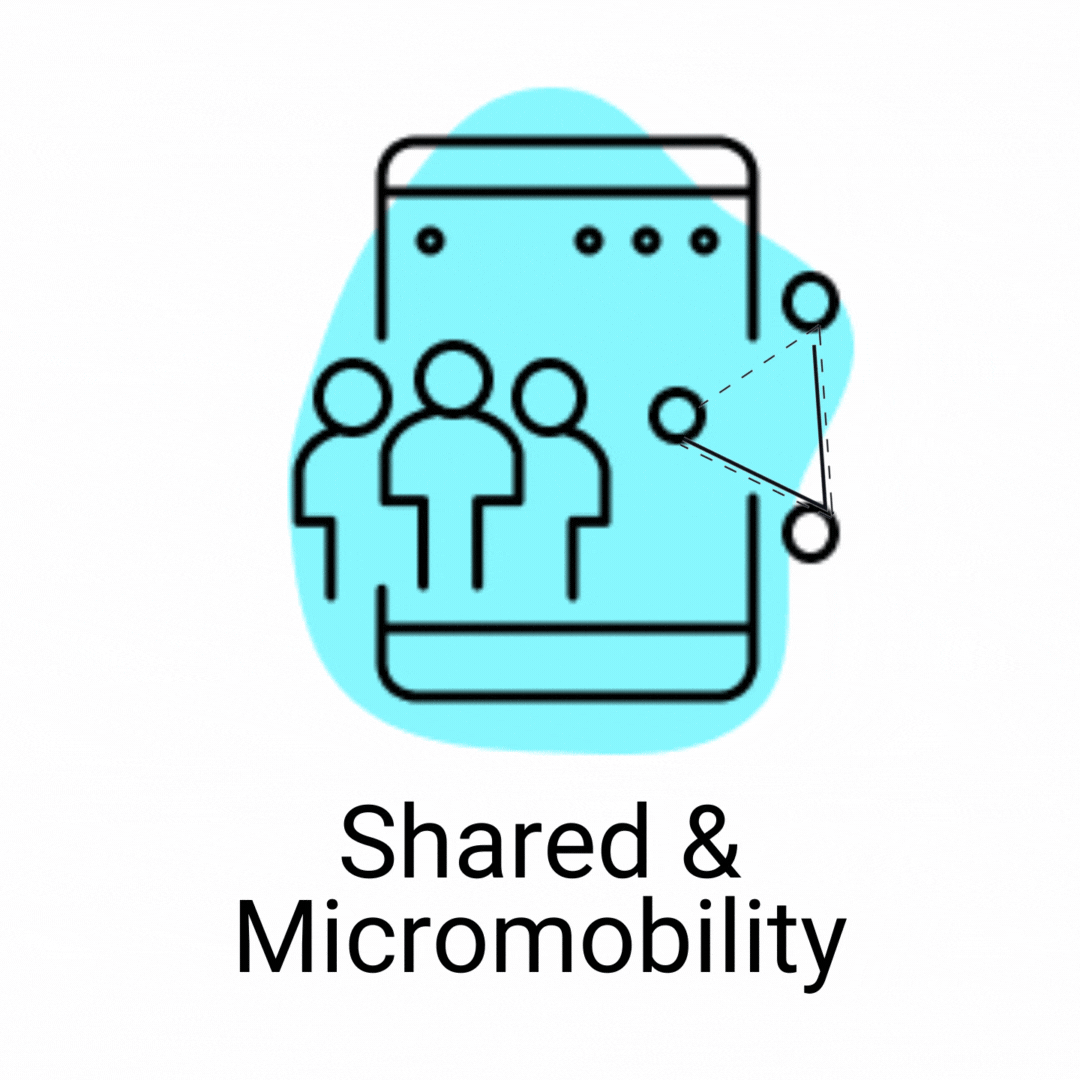Overview
Remote repositioning (RR) technology allows a scooter or similar lightweight, slow-moving vehicle to be controlled by a human driver from a remote location. RR can resolve many mis-parking problems and redistribute scooters to meet demand, without the need for a contractor or employee to physically travel to the scooter’s location. The technology could increase utilization and lower cost for scooter operators and increase convenience and utilization by allowing customers to summon a scooter to their location.
The micromobility fleet operator Spin, City of Boise, and RR technology developer Tortoise planned to pilot RR scooters on Spin’s platform in Boise in 2021 and 2022. The University of Washington was awarded an $85,000 C2SMART grant to study this deployment at the beginning of 2021. However, the COVID-19 epidemic delayed the production of the RR scooters for the entire year of 2021 and then Spin was acquired by a new owner in 2022. That new owner decided not to pursue the Boise pilot project in March of 2022. Instead, Spin has decided to pilot the emerging technology of scooter-mounted computer vision systems that alerts riders to improper riding which is the subject of a new study by the University of Washington.
Planning and preparation with Spin and City of Boise, early survey development, and literature review cost $35,000 in the first half of 2021. The remaining $50,000 has been redeployed on a new project to study the effectiveness of computer vision systems on Spin’s scooters in San Monica, California.
Research Objectives
The work will yield quantitative estimates of the reductions in sidewalk riding from Drover AI equipped shared electric scooters. These will inform recommendations to city governments for the potential benefits of encouraging or requiring scooter operators to use on-board computer visions systems.
Potential benefits include an improved ability for cities and the private sector to use scooter-mounted computer vision systems to improve compliance with city rules that limit the areas where scooters are permitted to operate. Ultimately, this could improve scooter safety and reduce conflicts with pedestrians and other sidewalk users.




